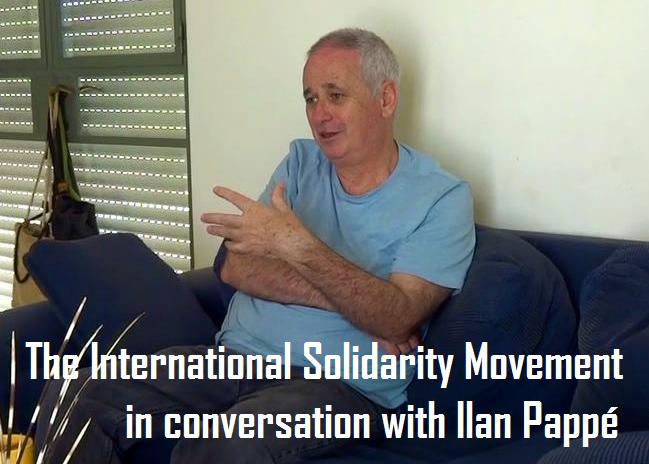Category: Press Releases
-
Arrested at Nabi Saleh, Rana Nazzal speaks out for Palestinian political prisoners
4th July 2013 | International Solidarity Movement, Ramallah Team | Ramallah, Occupied Palestine On the 28th of June 2013 two Palestinian activists were arrested in the village of Nabi Saleh during the village’s Friday demonstration. Both are currently released on bail and have been charged with entering a close military zone. The prosecutor is asking…
-
Interview with Ilan Pappé: “The Zionist goal from the very beginning was to have as much of Palestine as possible with as few Palestinians in it as possible”
2nd July 2013 | International Solidarity Movement | Haifa Ilan Pappé is an Israeli academic and activist. He is currently a professor at the University of Exeter (UK) and is well known for being one of the Israeli “new historians” – re-writing the Zionist narrative of the Palestinian Israeli situation. He has publicly spoken out…
-
Interview with two Palestinian paramedics: “They don’t care if we are medics or not. They target everything”
16th June 2013 | International Solidarity Movement, Ramallah Team | Nabi Saleh , Occupied Palestine M. and A. are two independent paramedics who regularly attend different protests against Israeli occupation of the West Bank. Israeli forces usually respond to Palestinian popular resistance with extreme violence, including the shooting of tear gas canisters, rubber coated steel bullets and…

